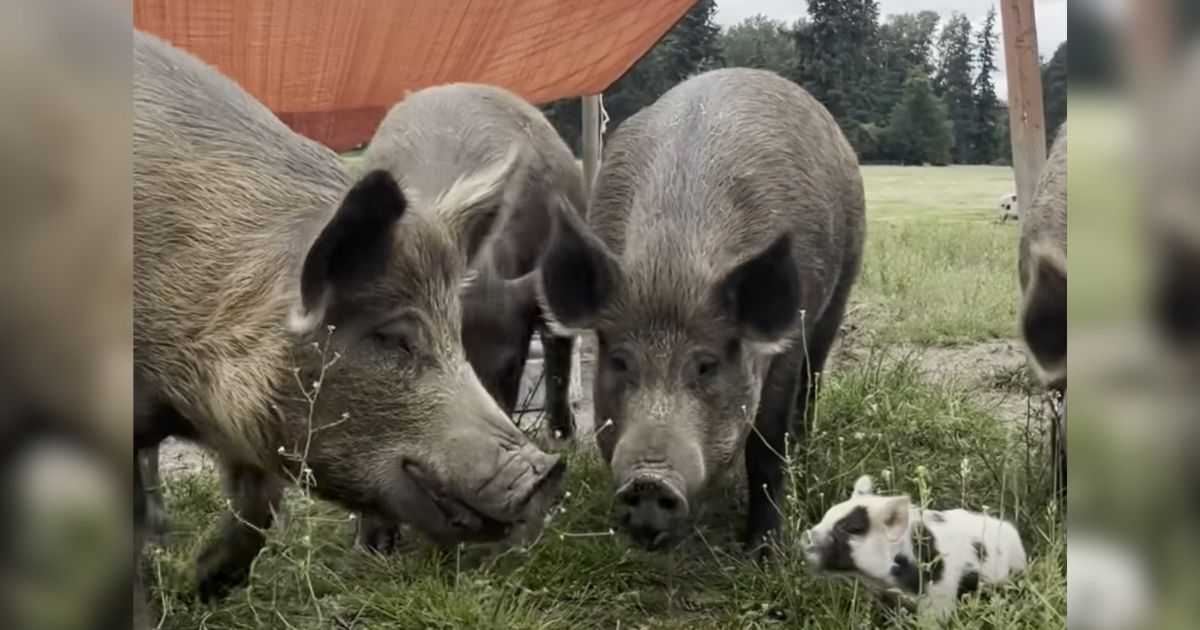Lam Kim Hai works for Save Vietnam’s Wildlife (SVW) – rescuing and protecting animals is his life. So, when he was on vacation and came across a startling new broadcast on TV, he immediately cut his holiday short.
Over a dozen pangolins, a critically endangered species, were confiscated in the Huong Hoa District in Vietnam near the Laos border.

“The army that patrols the border between Laos and Vietnam saw four people with backpacks crossing the border into Vietnam,” a spokesperson for SVW, a group that rescues and rehabilitates wild animals, told The Dodo. “When the traffickers noticed that they were spotted, they left the bags behind and ran deep into the forest to hide. Unfortunately, the authorities were not able to track [down] and … arrest the traffickers.”

Pangolins are by far one of the most trafficked species on the planet – mostly in Asia, but increasingly more so in Africa. They are high in demand because their meat is considered a delicacy and their scales are used in traditional medicine and fold remedies.
Hai quickly got in touch with Vietnam’s Forest Protection Department to have the care of the pangolins transferred over to SVW.

The traffickers placed the endangered pangolins, fifteen in total, into tiny bags and tied them up. When SVW arrived at the FPD compound, the poor animals were still inside the bags. They hadn’t been removed while transporting, the bags were simply placed inside cages. When the bags were untied, the rescuers found them curled up into balls.

“Pangolins curl up in a ball when they feel threatened,” the SVW spokesperson said. “This makes it very easy for poachers to place them in a bag and transport them, without the animal escaping.”
As soon as the pangolins arrived at the rescue center, they were given food, water, and medical examinations.
“The pangolins were covered in their own feces, dehydrated and very hungry,” the SVW spokesperson said. “Luckily, they did not have injuries [from] snare traps, as we usually see. And they also were not force-fed to increase their weight, as we usually see. Overall, these pangolins looked relatively healthy, which probably means they were captured in Laos.”

Not only was it a miracle that the animals were in overall good health, but the fact that they were even alive was also incredible. Most of the time, wildlife traffickers will kill them and take their scales right away.
Less than a few months ago, over 7.1 tons of pangolin scales were confiscated in Ho Chi Minh City, Vietnam – the largest seizure of pangolin scales in history.
“Based on reported seizures between 2011 and 2013, an estimated 116,990-233,980 pangolins were killed, which represents only the tip of the trade. Experts believe that seizures represent as little as 10 percent of the actual volume in pangolins in illegal wildlife trade,” the World Wildlife Fund says on their website.
Given their traumatic experience, the staff at SVW wanted to make sure that the rescued pangolins were as comfortable as possible. They gave them individual enclosures and lots of food and water.

After a while, the pangolins started to relax, eat some food, and walk around exploring their surroundings.
The rescue staff is very confident that the animals will make a full recovery and be released back into the forest soon. All 15 of the pangolins will stay at the rescue center for a month while their health is monitored.

“Hopefully, they will be able to get a second chance of a life back in the wild,” the SVW spokesperson said.
To learn more about this amazing species and to make a donation to SVW, be sure to visit their website.
Please SHARE this with your friends and family.
















